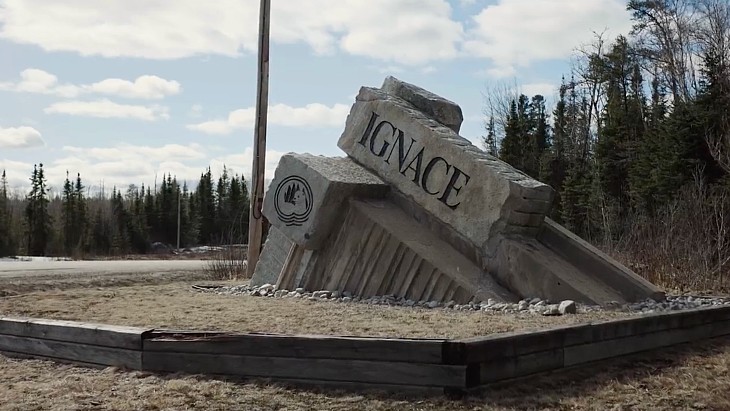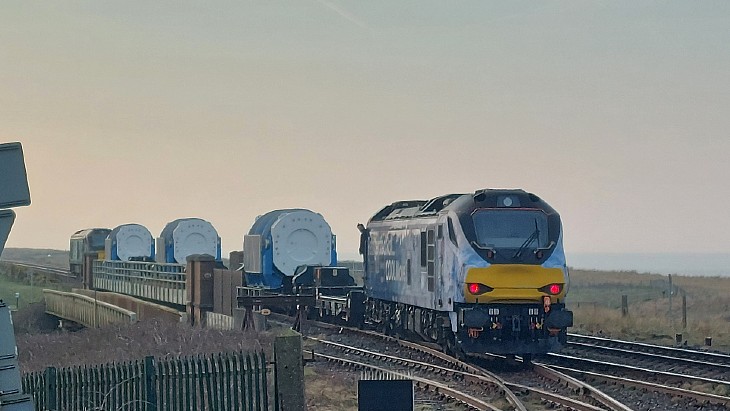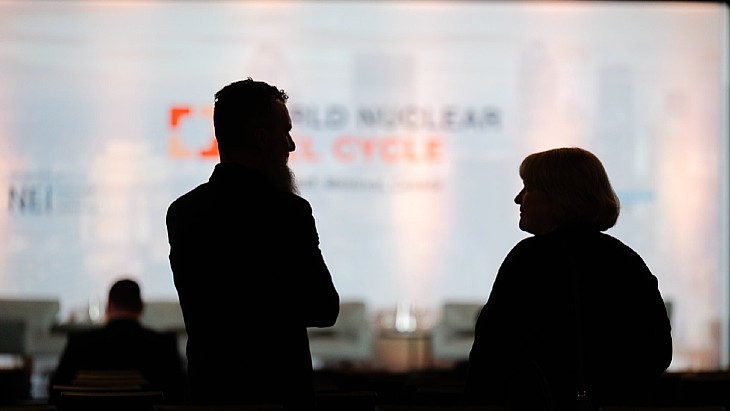US DOE awards funds for nuclear recycling projects
.jpg)
"For America to further harness the safe, reliable clean energy produced at nuclear facilities across the country, the Biden-Harris Administration and DOE recognise the importance of developing practical uses for America's used nuclear fuel," Secretary of Energy Jennifer Granholm said. "Recycling nuclear waste for clean energy generation can significantly reduce the amount of spent fuel at nuclear sites, and increase economic stability for the communities leading this important work."
Projects funded through the Converting UNF Radioisotopes Into Energy (CURIE) programme will enable secure, economical recycling of the USA's UNF and substantially reduce the volume, heat load, and radiotoxicity of waste requiring permanent disposal, DOE said, as well as providing a "valuable and sustainable fuel feedstock" for advanced reactors.
The selected awardees and their award amounts are:
- Argonne National Laboratory, to develop a highly efficient process that converts 97% of UNF oxide fuel to metal using stable next-generation anode materials (USD4.9 million)
- Argonne National Laboratory, to develop, produce and test a suite of compact rotating packed bed contactors for used nuclear fuel reprocessing (USD1.52 million)
- Curio, to develop and demonstrate steps of its NuCycle recycling process at the laboratory scale (USD5 million)
- EPRI, to develop a recycling tool intended to address the coupled challenges of nuclear fuel life-cycle management and advanced reactor fuel supply (USD2.797 million)
- GE Research, to develop a revolutionary safeguards solution for aqueous reprocessing facilities (USD6.45 million)
- Idaho National Laboratory, to design, fabricate and test anode materials for electrochemically reducing actinide and fission product oxides in UNF (USD2.66 million)
- Mainstream Engineering, to develop a vacuum swing separation technology to separate and capture volatile radionuclides, which should lower life cycle capital and operating costs, and minimise waste that must be stored (USD1.581 million)
- NuVision Engineering, to design, build and commission an integrated material accountancy test platform that will predict post-process nuclear material accountancy to within 1% uncertainty in an aqueous reprocessing facility (USD4.715 million)
- University of Alabama at Birmingham, to develop a single-step process that recycles UNF by recovering the bulk of uranium and other transuranics from UNF after dissolution in nitric acid (USD1.845 million)
- University of Colorado, Boulder, to advance technology capable of high-accuracy, substantially faster measurements of complex UNF mixtures (USD1.995 million)
- University of North Texas, to develop a self-powered, wireless sensor for long-term, real-time monitoring of high-temperature molten salt density and level to enable accurate safeguarding and monitoring of electrochemical processing of UNF (USD2.711 million)
- University of Utah, to develop a pyrochemical process for efficiently converting UNF into a fuel feedstock suitable for sodium-cooled fast reactors or molten-salt-fuelled reactors (USD1.454 million)
The CURIE programme, which is under the auspices of the Advanced Research Projects Agency-Energy (ARPA-E), was launched earlier this year with the aim of enabling commercially viable reprocessing of UNF from the current US light-water reactor fleet by resolving key gaps and barriers in reprocessing technologies, process monitoring, and facility design.
_17992.jpg)
_75800.jpg)








_50521.jpg)

